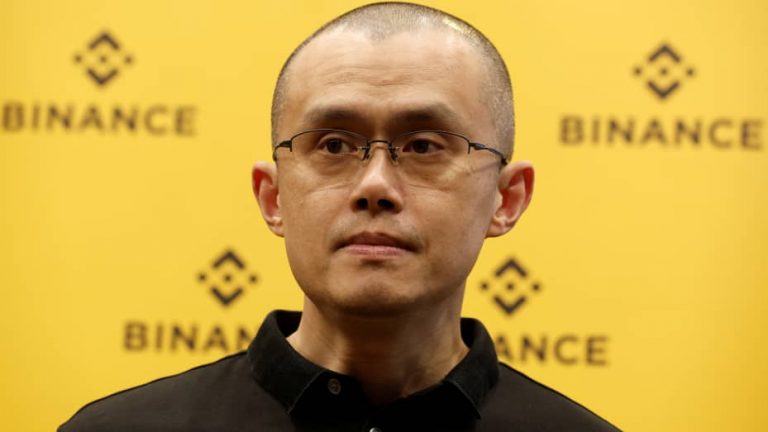In a landmark case that has reverberated throughout the cryptocurrency world, the founder of Binance, Changpeng Zhao, has been sentenced to four months in a US prison for money laundering. This development marks one of the most significant legal actions against a prominent figure in the crypto sphere since the incarceration of Sam Bankman-Fried.
Zhao, a Canadian national, stepped down from his position at Binance late last year as part of a negotiated settlement with US authorities. The agreement stemmed from investigations conducted by two Treasury agencies, which revealed that Binance had failed to prevent transactions linked to entities such as the Islamic State group, al-Qaeda, and the armed wing of Hamas.
In February, Binance agreed to a staggering $4.3 billion settlement to resolve the charges. Despite prosecutors’ recommendation of a three-year prison term, Zhao received a four-month sentence, with the judge emphasizing the message it sends not only to Zhao but to the entire crypto community.
Justice Department lawyers characterized Zhao’s actions as a deliberate violation of US law to boost user acquisition and company growth. Zhao, however, expressed remorse for his actions, acknowledging his mistakes and accepting responsibility.
Binance, founded in 2017, rapidly became the world’s largest cryptocurrency exchange, propelling Zhao to billionaire status. However, regulatory scrutiny and market volatility led to a downturn in Binance’s fortunes, exacerbated by scandals within the industry, including the collapse of its main rival, FTX.
FTX’s founder, Bankman-Fried, received a 25-year prison sentence earlier this year, underscoring the heightened regulatory environment surrounding cryptocurrencies. Despite these challenges, the industry has shown resilience, buoyed by recent regulatory approvals for bitcoin exchange-traded funds (ETFs) in the United States.
Binance’s new CEO, Richard Teng, has affirmed the company’s commitment to compliance, emphasizing extensive efforts to cooperate with regulators and shore up investor confidence in the wake of these legal challenges.




